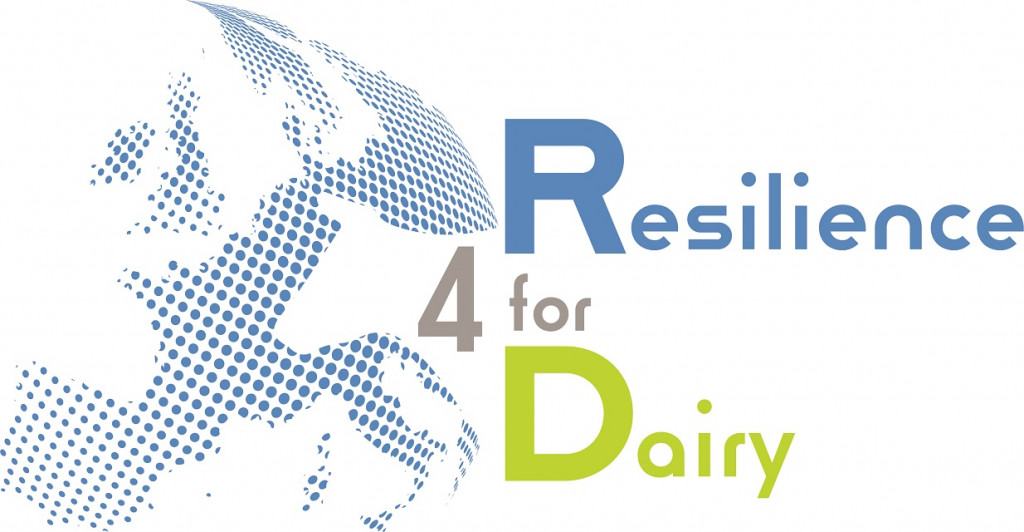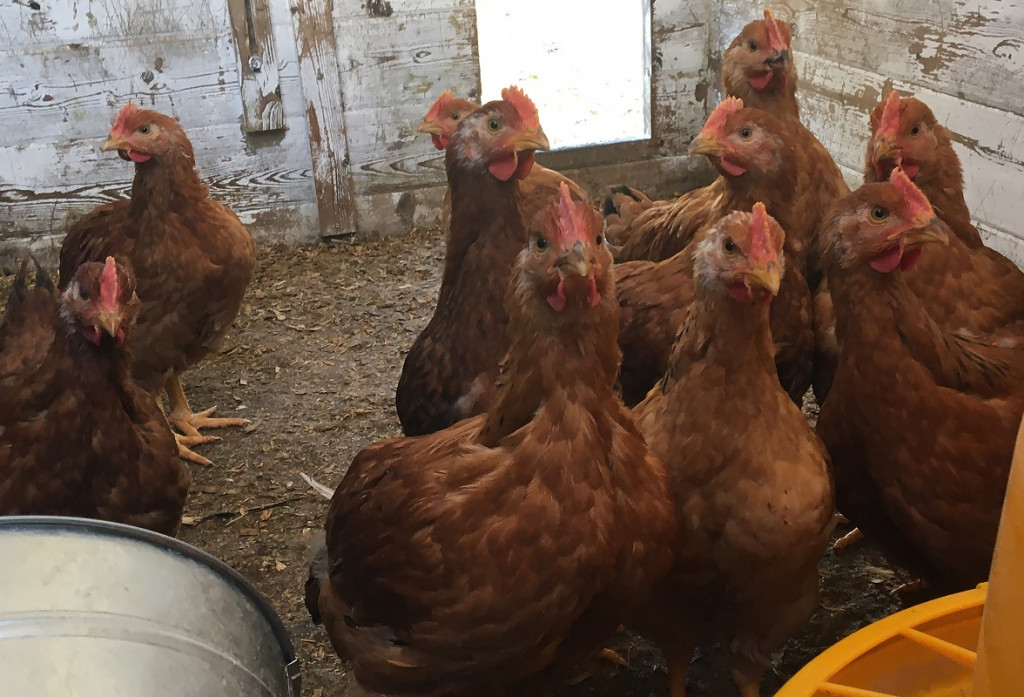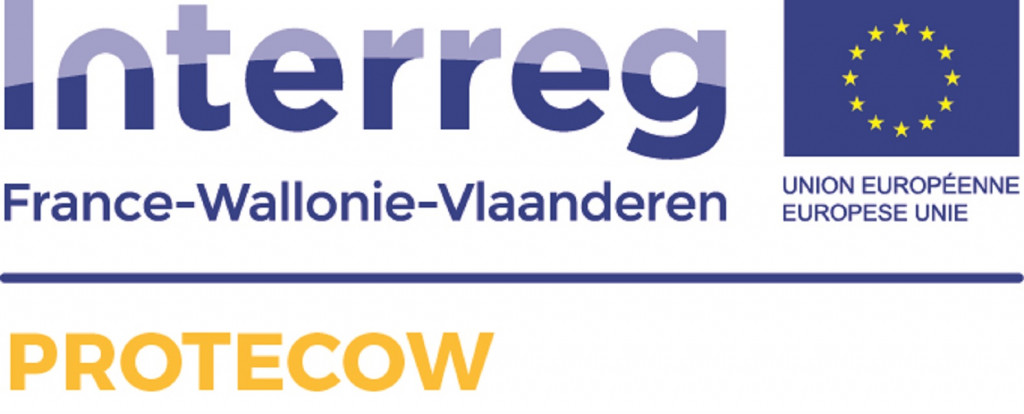Since January 2021, and for the next three years, 120 dairy farmers and 18 organisations, including CRA-W, from 15 European Union countries will cooperate under the leadership of the Institut de l'Elevage (IDELE ) to contribute to the development of sustainable breeding, both socially, environmentally and economically.
The R4D project aims to strengthen links and increase exchanges between breeders, researchers and other players in the dairy sector in order to eventually implement innovative solutions adapted to the context of each dairy region. Three areas of expertise are particularly targeted, the socio-economic resilience of the system, technical efficiency and the development of production systems concerned with animal welfare, the environment and societal expectations.
The participants in the project, coming from different communities of stakeholders in the agricultural sector, will therefore contribute to identifying the most innovative and effective techniques for, for example, improving biodiversity or reducing the carbon footprint of livestock farming.
Farmers are strongly involved because each partner will rely on a few innovative pilot farms, and will regularly question its own network of actors in the dairy sector (pilot farms, consultancy organisations, dairies, etc.) to share knowledge and questions at the European level. The R4D project therefore offers dairy farmers the possibility of expressing and prioritising their needs, both locally and European-wide (bottom-up approach), and a relay via a variety of partners thanks to a system based on a "multi-actor" approach. Dairy farmers will have the opportunity to test in return ideas or methods developed in other Member States and evaluate them. This dynamic of identifying and disseminating innovative practices adapted to the needs of breeders began this year in Wallonia through visits to farms.
Funding: European Horizon 2020 programme








